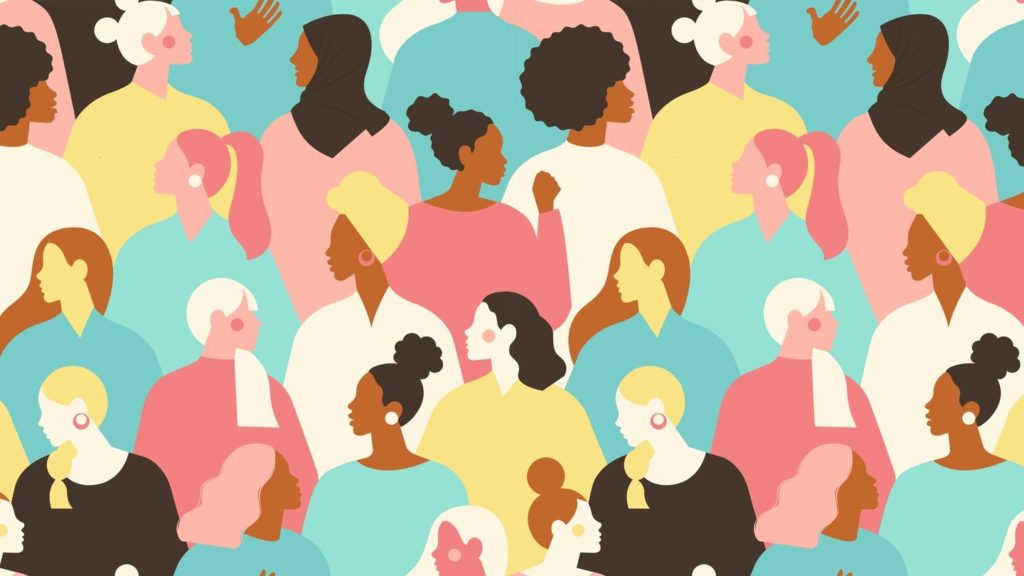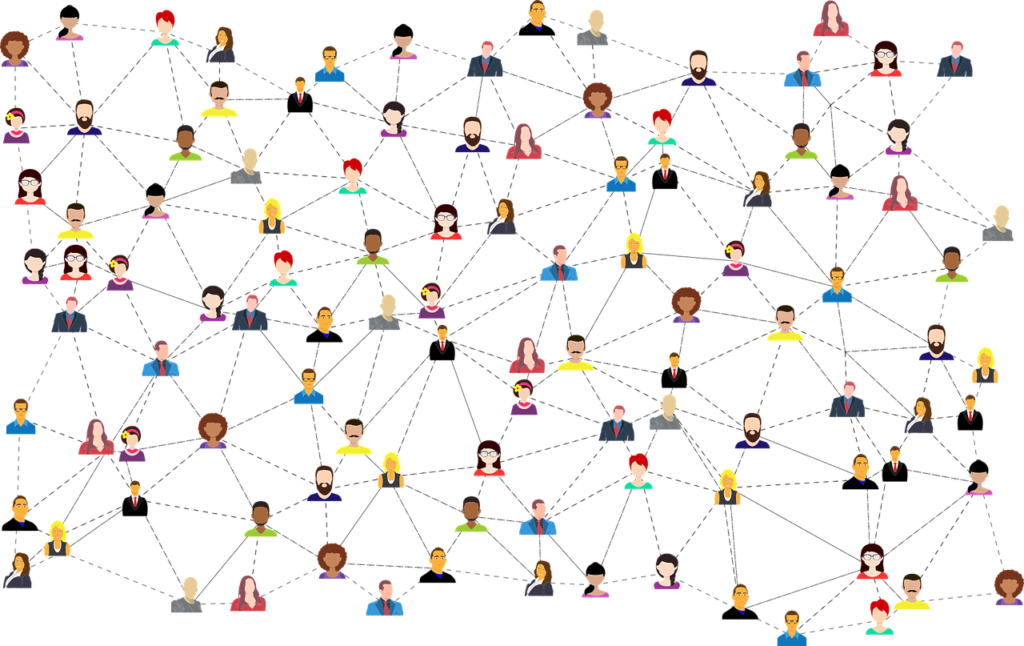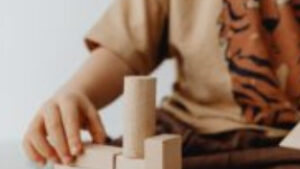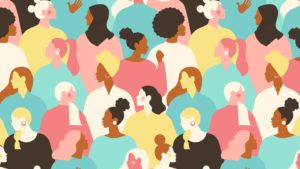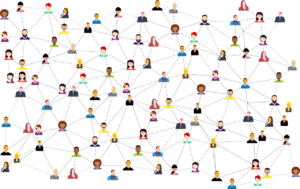2020 is finally coming to an end. It was a difficult year for all of us, in one way or the other. Yet, to quote Albert Einstein, in the middle of difficulty lies opportunity. There is an opportunity to grow, to learn, to change course, to improve and to do things differently. We could either choose to be traumatised by, and dwell on, world events this year or we could use our experience and lessons to change life for the better. It is, after all, that time of the year where people make resolutions for the future. The question is, what are we taking away from this year to the next in order to better ourselves and lives of those around us?
In the middle of difficulty lies opportunity.
Albert Einstein
Some remarkable firsts have taken place in 2020, that defied our existing way of life. Among them are governments issuing bonds with negative interest rates for the first time in their country’s history, oil prices falling below zero, and lockdowns having significant effect on air quality in many parts of the world (good news for environmentalists and scientists, though!).

The pandemic has also put state’s responsibility into the limelight around the globe. People are asking for increased transparency in decision making processes. They are also searching for accountability in the wake of (mis)management of the responses to the pandemic. Concerns about good governance are not only limited to governments. The civil society and NGOs are also facing significant risks of corruption while channelling donations to people who need help. Increased accountability in all these aspects can only be achieved by increased citizen engagement and participation.
There are a number of other areas where citizen participation can change the way of our lives. We have already seen the good impact lockdowns have had on the environment. We can all just carry on like nothing ever happened, driving our cars, burning fossil fuels, and buying imported, stale, exotic food produce. Or we can decide to be more environmentally responsible, invest in renewable energy, and buy local produce since supply chains have otherwise been affected worldwide. We can also engage in more “cooperative” and “associative” economic ventures to boost our local economies instead of relying on big multinational companies to promote consumerism.
While the pandemic has spearheaded digital transformation, it has also highlighted the large digital disparities among communities. Many children, even in developed countries, cannot continue to receive education due to lack of technological infrastructure or physical computing resources. A whole generation of young ones is on the verge of spiralling into technological poverty and despair. We, collectively, as a society, should not be complacent about such disparities that hamper progress of a number of our compatriots, especially our future generations. To include them, we need to build a more compassionate society which is probably not possible in a purely capitalistic and consumer oriented world that lacks transparency and accountability.

Humankind, traditionally, has operated on a capitalist economic model. Other models have been proposed in the past few centuries, but they haven’t seen widespread success. The few mixed economies that exist in the world today do seem to be less focused on the individual consumer and more on the collective good. Perhaps it is now time to move away from the traditional model of capitalism and find a balance in order to simply become more humane and equal. Kindness and compassion should be the way forward.
The main year-round goal of companies is normally the maximisation of profit, whereas only some fancy report is produced annually about any social projects the enterprise may have engaged in during the year. Recently, in some countries, there has been some discussion during the law-making process about companies not existing in a vacuum and therefore, serving a social purpose other than the seemingly selfish interest of maximising profits for their investors. Going forward, it would probably be a good idea if companies and entrepreneurs everywhere chose a “raison d’être” – their reason to exist – in society.
In terms of the world economy and employment rates, we are witnessing a recession of massive proportions. It will take a while for us all to rebound and rise again. Yet, it is in times of adversity that humans are capable of marvellous inventions and steering significant change. Therefore, even when our world may not be the same anymore, we will eventually see a better, more creative and innovative world in the coming years. We will learn to adapt to new challenges. So the question arises, should we continue with the same economic or business models or should we consider revisiting the fundamentals of our society so that we can experience more positive “firsts” in future?
In 2021, the trauma, bereavement and stress of 2020 would be things of the past. In 100 years, our future generations would probably even be talking about Covid-19 just like we talk about Spanish flu. What will remain would be the remnants of how we choose to build our future today.
The author, Aamina Khan, who is also the editor of Ed-watch, is an international polyglot citizen who likes to explore the world differently. A Chartered Accountant by profession, she likes to read and write in various languages as an amateur.


